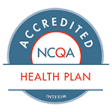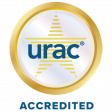
Recognizing the Signs of Depression and Anxiety in Adults
Taking care of your mental health is just as important as caring for your body. Many adults experience feelings of depression or anxiety, but they might not always recognize the signs. Understanding what to look for and knowing how to get help is a big step toward feeling better.
What is Depression?
Depression is more than just feeling sad. It’s a condition that affects how you think, feel, and handle daily activities. You may be dealing with depression if you:
- Feel sad or hopeless most of the time
- Lose interest in things you used to enjoy
- Have trouble sleeping or sleep too much
- Feel tired all the time, even after resting
- Changes in appetite and/or weight
- Have trouble focusing or making decisions
- Feel worthless or guilty
- Unexplained aches and pains
- Thoughts of self-harm
These feelings can last for weeks, months, or even longer. It’s important to know that depression is not something you can “snap out of.” But with the right help, it can be managed.
What is Anxiety?
Anxiety is when you feel worried or nervous about things, even when there isn’t a big reason to be. It’s normal to feel anxious sometimes, but for some people, these feelings happen a lot and can affect their daily lives. Signs of anxiety include:
- Feeling nervous or on edge
- Trouble concentrating
- Feeling restless or unable to relax
- Sweating, body aches, shortness of breath or feeling your heart race
- Having a hard time falling asleep or staying asleep
- Avoiding situations that make you feel anxious
When anxiety becomes too much, it can keep you from doing things you enjoy. Learning how to manage anxiety is important for your overall well-being.
How to Recognize the Signs in Yourself or Others
It can be hard to notice these feelings in yourself or others. Here are a few signs that may show someone is struggling with depression or anxiety:
- Changes in mood: Feeling down, angry, or overly worried more often.
- Changes in energy: Feeling tired all the time or restless and unable to sit still.
- Withdrawing from others: Not wanting to be around friends or family.
- Physical symptoms: Headaches, stomachaches, or unexplained body pain.
If you notice any of these signs in yourself or someone you care about, it’s important to pay attention and take action.
What You Can Do to Get Help
If you think you might be dealing with depression or anxiety, know that you don’t have to go through it alone. Here are some steps you can take:
- Talk to someone you trust: Share your feelings with a friend or family member. Just talking about how you feel can make a big difference.
- See a doctor or counselor: A professional can help you figure out what’s going on and give you advice on how to feel better.
- Take care of your body: Get enough sleep, eat healthy foods, and stay active. Taking care of your physical health can help improve your mental health.
- Practice relaxation: Try deep breathing, meditation, or other ways to calm your mind when you feel anxious.
When to Seek Professional Help
If your feelings of depression or anxiety are stopping you from living your life, it’s important to reach out for help. A doctor or counselor can work with you to find treatments that work, such as talking therapy, medication, or lifestyle changes. Remember, getting help is a sign of strength, not weakness.
When to Seek Immediate Help
If you’re experiencing mental health distress, including thoughts of suicide, call or text 988 to get help. Trained crisis counselors are available to listen and support you through the challenges you may be facing.
When you’re feeling low, it’s important to reach out to others for help. Connecting with others can give you a sense of support and belonging. You’re not alone.
The 988 Lifeline is available in Spanish for calls, text, and chat.
Resources
National Institute of Mental Health (NIMH)- Website: nimh.nih.gov
American Psychological Association (APA)
- Website: apa.org
Mental Health America (MHA)
- Website: mhanational.org
Anxiety and Depression Association of America (ADAA)
- Website: adaa.org
Centers for Disease Control and Prevention (CDC) – Mental Health
- Website: cdc.gov/mentalhealth






